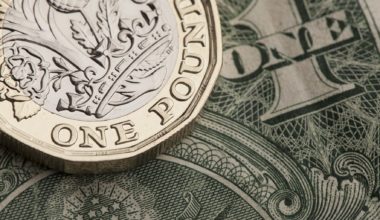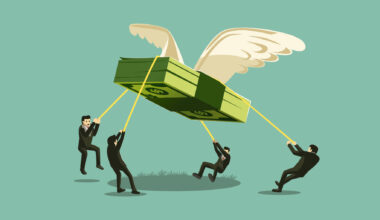With the continued rise in geopolitical tensions in the Middle East, ongoing war in Ukraine, and risk of war in Asia between China, Taiwan and potentially the United States, investors and the wider public are understandably nervous. Meanwhile legitimate concerns about climate change and the very slow progress towards reducing global emissions offers further reason for pessimism about the future for many.
Greater risk of war and a more volatile climate should, one would expect, result in greater market volatility.
It is possible, however, that the opposite will be true. Academic research into stock market volatility during periods of war affecting the United States has found that US stocks (as measured by the S&P 500 index) saw dramatically lower volatility during periods of war and conflict. On average in the 20th century, US stock volatility was 33% lower during these periods of conflict.
This begs the question: why?
During periods of major wars, US government spending increases substantially and much of this funding is spent with private companies, many of whom are listed on the stock market. The war is in effect a government stimulus which increases the predictability and scale of earnings of many industrial and wartime industry related businesses. In other words, a rise in defence spending has a concurrent effect to reduce stock volatility via the positive effect on corporate profits.
The events in Ukraine and ongoing rising tensions elsewhere in the world have resulted in significant commitments to raise defence spending in many countries. If the aforementioned effect holds, we would expect this to have a dampening effect on market volatility, all else equal.
Further, we also know that the world’s largest governments are ramping up subsidies and investment in the energy transition and net zero targets. This, in theory, should have a similar and even larger effect than defence spending. The scale of this investment is much greater, tens of trillions of dollars in spending across multiple industries will be needed to facilitate the decarbonisation of the global economy and this process is only just getting started.
We would expect that the effect on market volatility from green investment should be even greater than that detected historically for defence spending. More spending by governments and the private sector on decarbonisation related equipment and services means high and more reliable earnings for listed businesses with exposure to these sectors. This should, all else equal, result in a dampening effect on market volatility.
Further, the experience of the pandemic has established major government intervention in the economy as an acceptable course of action in every major economy.
Government taking a bigger role in economies in response to rising geopolitical risk and climate change could, in the medium- to long-term, result in much greater spending on related goods and services, and thus more predictable corporate earnings and less market volatility for equities.
Disclaimer: The views expressed in this article are those of the author at the date of publication and not necessarily those of Dominion Capital Strategies Limited or its related companies. The content of this article is not intended as investment advice and will not be updated after publication. Images, video, quotations from literature and any such material which may be subject to copyright is reproduced in whole or in part in this article on the basis of Fair use as applied to news reporting and journalistic comment on events.


